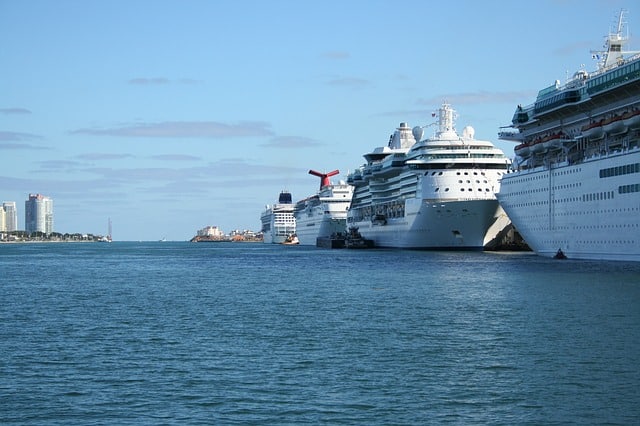CLIA: Government support essential for sustainable marine fuels

Cruise Lines International Association (CLIA) released the results of its 2022 Global Cruise Industry Environmental Technologies and Practices Report
It highlights progress towards achieving net-zero carbon cruising by 2050.
It showcases the increasing number of vessels launching over the next few years that will be able to incorporate zero-emissions propulsion when available, as well as the growing investment to equip ships to plug in to shoreside electricity.
More than 15% of the vessels to be launched in the next five years will be equipped to incorporate fuel cells or batteries, and 85% of CLIA-member ships coming online between now and 2028 will be able to plug in to shoreside electricity.
President, and CEO, CLIA, Kelly Craighead said: “Innovation and engineering are at the heart of the industry’s vision for net zero carbon cruising. The cruise industry is investing billions to incorporate new technologies, and accelerate development of sustainable marine fuels.”
Despite progress made, the report says a transition to sustainable marine fuels remains essential to achieving decarbonisation goals .
There is urgent need for governments to support research efforts to accelerate development of these fuels.
CLIA is a supporting organization to the Getting to Zero Coalition’s Call to Action for Decarbonization of Shipping.
The report notes that CLIA ocean-going cruise lines continue to progress reductions in emissions with shore-side power capability, liquefied natural gas capability and advanced wastewater treatment systems.
Andy Harmer, Managing Director CLIA UK & Ireland, said: “Our industry is working closely with UK SHORE through its clean maritime demonstration competition to develop new technologies.”
 United Kingdom
United Kingdom United States
United States Asia Pacific
Asia Pacific












































Qatar Airways adding Manchester flights
EU entry-exit system delayed again
ATC strike in Greece could disrupt flights this week
Jet2 unveils Samos as new Greek destination for summer 2026
Carnival Cruise Line hosts Prague getaway for Fun Ambassadors